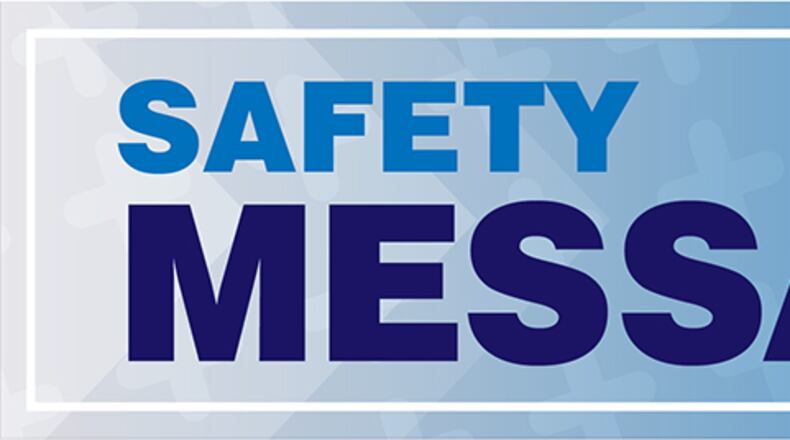Top 10 contributing factors in boating accidents are:
(Provided by U.S. Coast Guard)
- Careless/reckless operation
- Operator inattention
- Excessive speed
- Operator inexperience
- Passenger/skier behavior
- Alcohol use
- Hazardous waters
- No proper lookout
- Machinery-system failure
- Weather
The American Red Cross recommends:
· Learn to swim. This includes anyone participating in any boating activity.
· Alcohol and boating don’t mix. Alcohol impairs your judgment, balance and coordination — over 50 percent of drownings result from boating incidents involving alcohol.
· For the same reasons it’s dangerous to operate an automobile while under the influence of alcohol, people should not drink and drive a boat.
· Look for the label: Use Coast Guard-approved life jackets for yourself and passengers when boating and fishing.
· Develop a float plan. Anytime you go out in a boat, give a responsible person details about where you will be and how long you’ll be gone.
· Take a boating course. These courses teach about navigation rules, emergency procedures and the effects of wind, water conditions and weather.
· Watch the weather: Know local conditions and prepare for electrical storms. Stop boating as soon as you see lightning or hear thunder.
Tubing and rafting
· Always wear a Coast Guard-approved life jacket.
· Do not overload the raft.
· Know local weather conditions; do not go rafting after a heavy rain.
· When rafting with a tour company, make sure the guides are qualified. Check with the local chamber of commerce for listings of accredited tour guides and companies.
· Learn to swim.
Play it safe on the water this season and have fun out there.
About the Author
